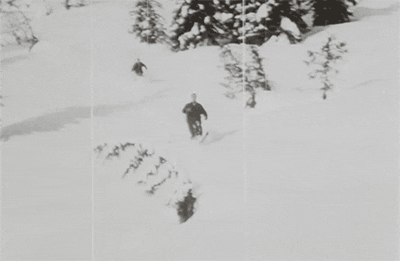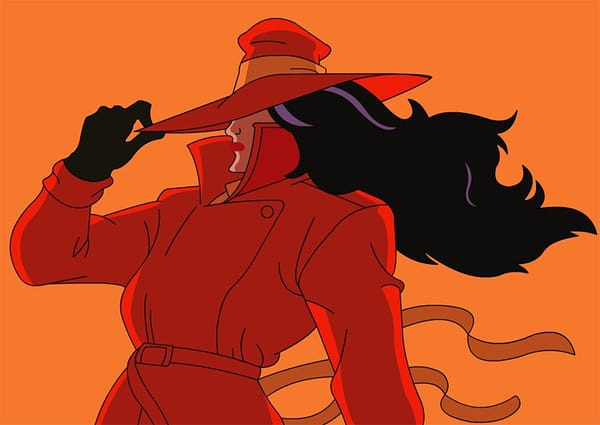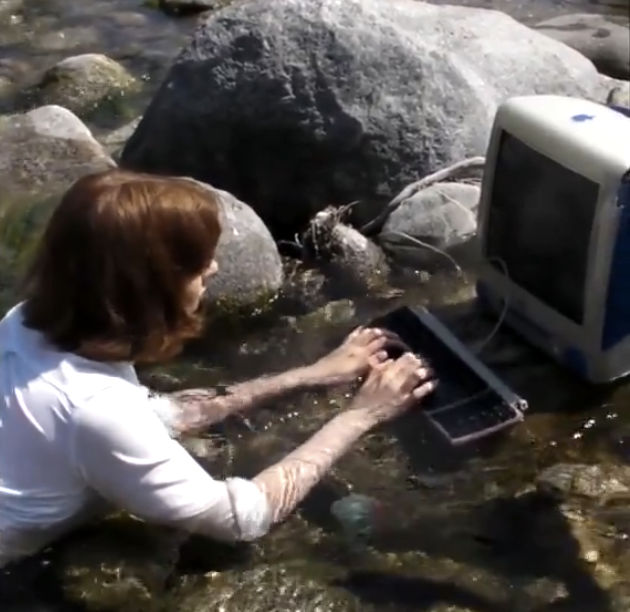I See A Darkness
Finding Clarity in the Blind Spots
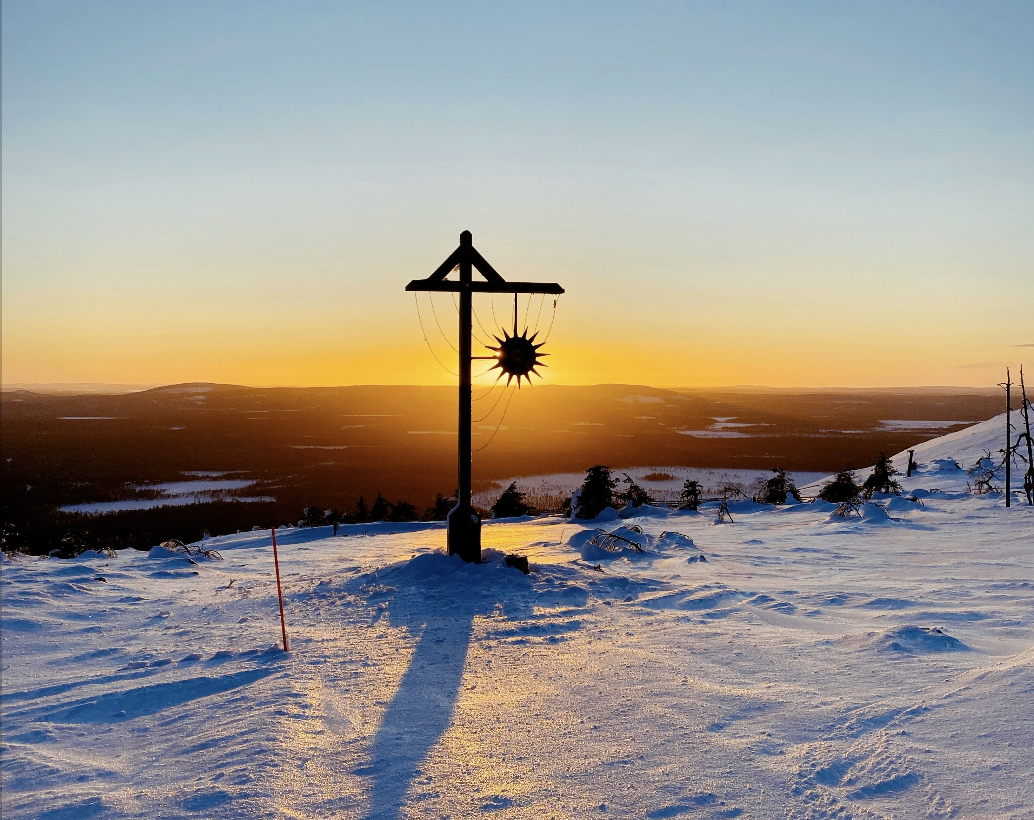
I was twenty-one and trying on a new version of myself – a person who wore Chacos and colorful fleece, who knew how to use a compass and never complained about being cold. My college’s outdoor club was full of students who seemed unbothered on a campus where all-nighters and breakdowns over grades were the norm. I wanted, so badly, to be one of them, but after months of wilderness training, I still couldn’t tie a square knot or light a propane stove without fear of blowing myself up. I’d scraped by in the training on “soft skills,” but no amount of trust-falls or team-building exercises could help with the final challenge: proving I could drive a fifteen-passenger van.
I was already worried about blind spots when I showed up to meet the head of the college’s outdoor program – a middle-aged man who never smiled and as I later learned, once accidentally fired an EpiPen into someone’s leg during a first-aid demonstration, or so the rumor goes. As he ran through the elements of the test – parking, merging, checking mirrors – my forehead started to sweat. These weren’t delicate beads, more like fat, desperate tears pouring out of my temples. Maybe it was my body’s last desperate effort to stop me from doing something reckless, or maybe just the heat. It was late spring in North Carolina, and the sun was high when the edges of my vision went dark. Then suddenly, I lost my sight completely.
If I were a normal person, I might have told the instructor that I couldn’t see. But this was my last chance to take the test, and since I could still hear him rambling on, I convinced myself that it was fine. That if I ignored the darkness, it would go away.
The truth is, I wasn’t only worried about passing the test. What really held me back from saying something was the fear that my inability to see would expose me for who I was, a fraud. That I would be deemed unfit to ever lead any trip. It seems silly to think I could outsmart darkness and everyone around me, but this wasn’t the first or last time I’d try to do this. Over the years, moments of obscurity have come in other forms: messy projects, tangled relationships, questions I haven’t been able to answer. Sometimes I’ve found my way, but often, like the day of the driving test, it’s obvious to everyone that I’m about to collapse.
I entered complete darkness, which for most modern humans is an unfamiliar concept. Because even at night, windows glow and street lamps bleed through the curtains. When I’ve tried to get away from civilization, somewhere where stars spill out like a tipped-over bag of rice, even then I usually have a headlamp. True darkness, the kind our ancestors lived in, feels like an endangered species, or at least a rare commodity, a kind of luxury. There are monasteries in Europe and at least one place in Oregon where you can actually pay a few thousand bucks to get locked into a dark room for a few days. People who emerge from this darkness therapy talk about their epiphanies, like they’ve just come off a psychedelic trip. There’s something kind of intriguing about this, but it’s also tragic how disconnected we’ve become from nature.
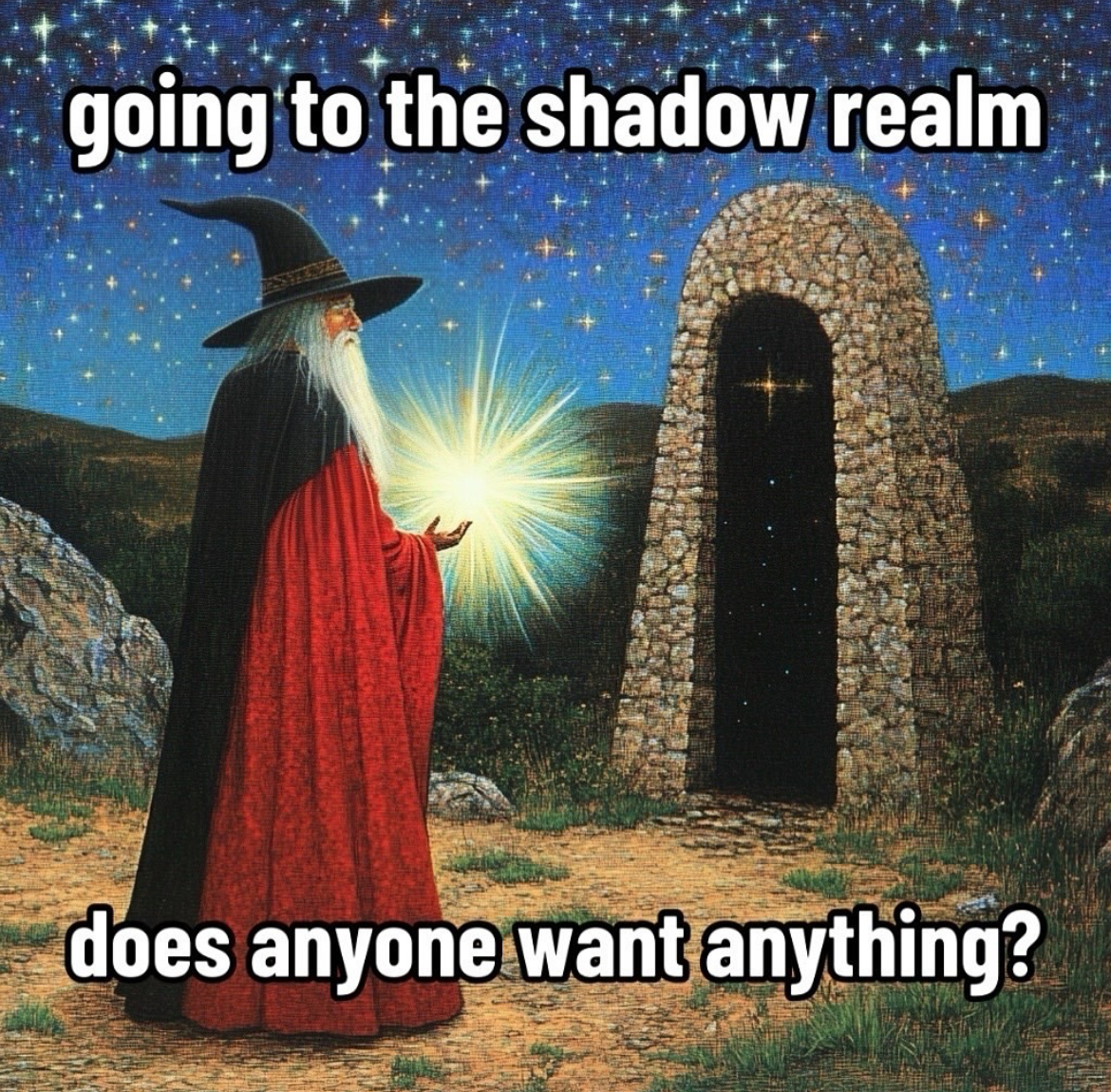
Maybe that’s also why I was eager to lead a trip. I was pulled to reconnect to nature, not just the fleece-lined, campfire version, but the wild, unpredictable darkness, too. Nature’s shadow side is a place of hibernation and transformation, where seeds root and dreams grow. And although I’ve spent much my life trying to avoid these darker, unknown sides, I’ve also been drawn to it, like the opposite of a moth. I’ve learned that you can’t “get through” the dark days of winter any more than you can outsmart grief or loneliness. Darkness is just part of the cycle, inevitable and necessary.
Tomorrow, December twenty-first, is the darkest day of the year. The winter solstice when we experience the shortest day and the longest night. I’ve never celebrated the solstice, but this year I’ll make a ritual of it, climb a hill and watch the sun rise. There might be a thermos of hot chocolate. It’ll be a turning point as the days gradually get longer, a reminder that no season lasts forever. Eventually, the darkness will pass.

For me, that day of the driving test, the darkness passed after a few minutes, after the instructor helped me sit on the curb and I drank some water, embarrassed and still sweating. I thought he’d tell me to go home, but after a few minutes, once I was on my feet, he handed me the keys. I drove us down the highway and demonstrated my three-point-turn in an empty lot, then parked between the lines once we returned to campus.
I thought I’d passed the test, but the real test happened a week later while leading my first camping trip, which included a fly-fishing portion. I was still shaky on tying knots and lighting stoves, so imagine me fly-fishing. Luckily, my trip co-leader and I had backup: Two old fishermen, who looked like they’d walked off the set of a commercial for joint pain medication, had been recruited to teach us their ways.
They led us to a river, and we followed, decked out in gaiters and vests with rods in hands. They showed us how to cast, how to reel, how to read the current.
It was warm for late spring, and in the heat, some of us got restless.
“What now?” Someone asked. It might have been me.
The fishermen didn’t say anything but answered with their movements. Their hands were steady as they cast, and their eyes stayed focused on the water, even when they couldn’t see below the surface. They waited, but in a present way. They weren’t hurrying through the stillness but observing it with a quiet certainty that even with the absence of movement, something was happening. Something is always happening.
“I got one!” my trip co-leader called out and the fishermen helped him reel it in. I don’t remember what kind of fish it was, but he threw it back. Fly-fishing is mostly the art of catch and release, holding onto something for a moment, then letting it go.
A few other students caught fish, too, but I didn’t catch any. I kept trying to force something to happen, too eager to rush the stillness that I kept missing the moment.
I guess I failed, but catching a fish wasn’t the real test, either. The real test is happening all the time, and I’m still figuring it out. I’m learning to trust the waiting, to fully see in both the darkness and the light. This isn’t a passive stillness or counting down of days but a focused presence, alive and ready for when something takes hold.
